The European Union has finalized an agreement with Tunisia that aims to strengthen trade links between the 27-member bloc and the North African country, whilst also supporting it in stemming the flow of migrants making the perilous journey across the Mediterranean to southern Europe.
The route has become one of the busiest, particularly for people trying to gain entry into Europe through Greece and southern Italy.
The closest distance between Tunisia and Italy is only about 150 kilometers. Last month, Reuters reported 37 migrants were feared dead after a boat traveling from the port of Sfax to Italy had capsized. In another incident in the same region in April, 27 people died when two boats were lost.
European Commission President Ursula von der Leyen went to Tunisia at the weekend along with Italy's Prime Minister Giorgia Meloni and Dutch Prime Minister Mark Rutte, for talks with Tunisia's President Kais Saied.
"The tragic shipwreck a few weeks ago, in which many people lost their lives, was yet another call for action," said Von der Leyen. "We need to crack down on criminal networks of smugglers and traffickers."
"Migration is a significant element of the agreement we have signed today," Rutte told reporters. "It is essential to gain more control of irregular migration."
'Level of gratitude'
Meloni said the deal was a model for new relations with countries in North Africa, which she said with "a level of pride but a level of gratitude".
Specific details have not yet been made public, but Von der Leyen had previously said the bloc was prepared to offer Tunisia more than 1 billion euros ($1.12 billion) for investment in areas, including energy cooperation and trade.
The statement issued at the weekend said the deal covered topics such as migration, macroeconomic stability and green energy transition, and it is believed that it may include discussions over giving Tunisian students access to the EU's Erasmus study program.
Figures from the Italian interior ministry published on Friday said more than 75,000 migrants had arrived on Italy's coast since the start of the year, compared to just under 32,000 in the corresponding period last year.









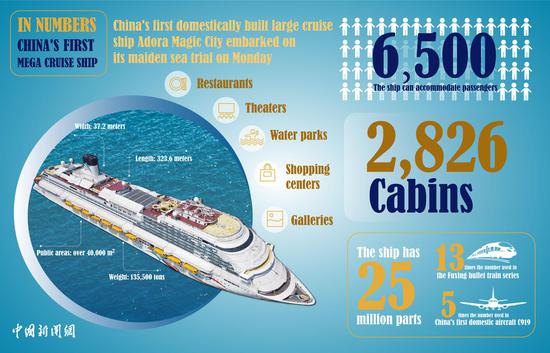



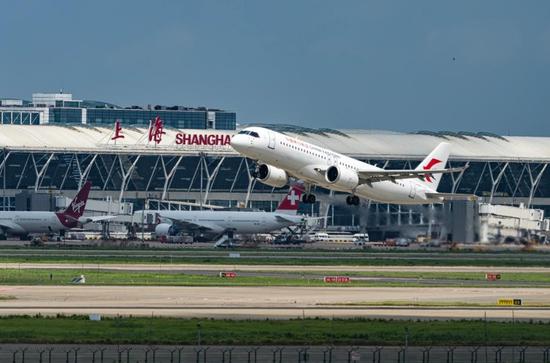

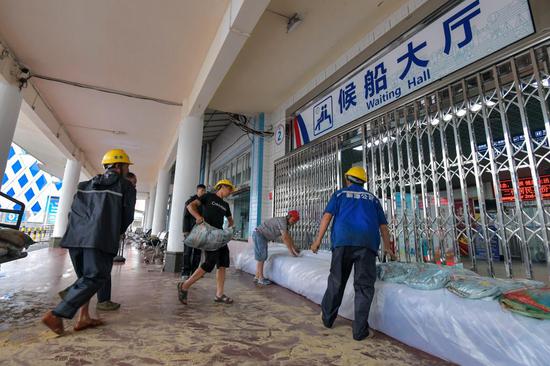
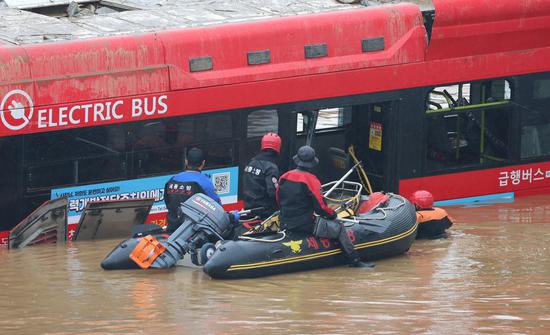


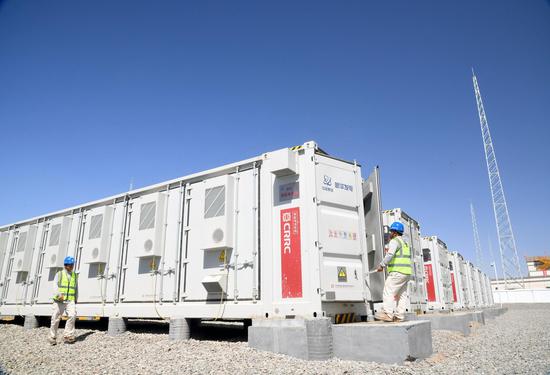





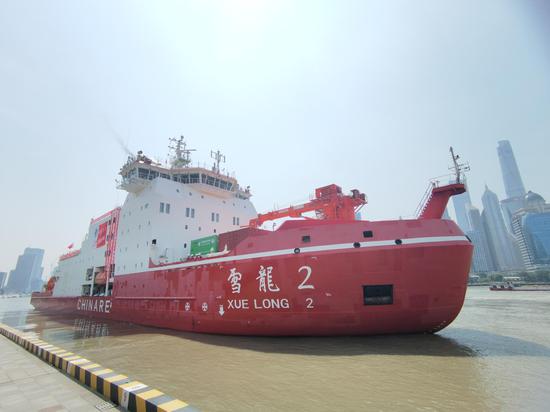



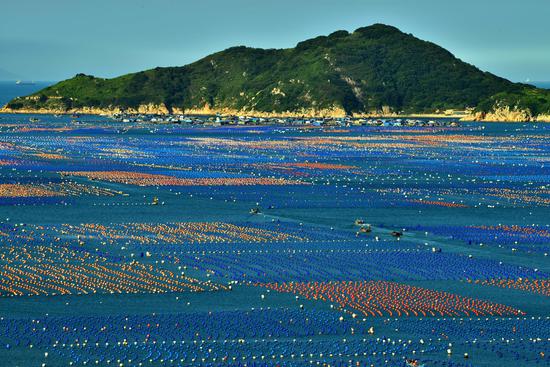

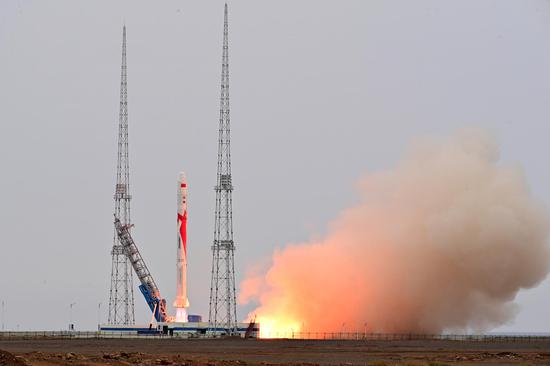
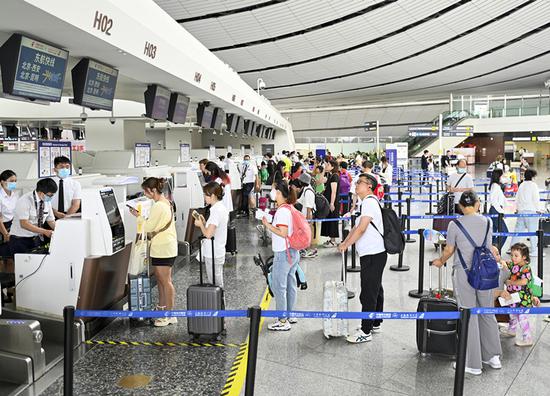

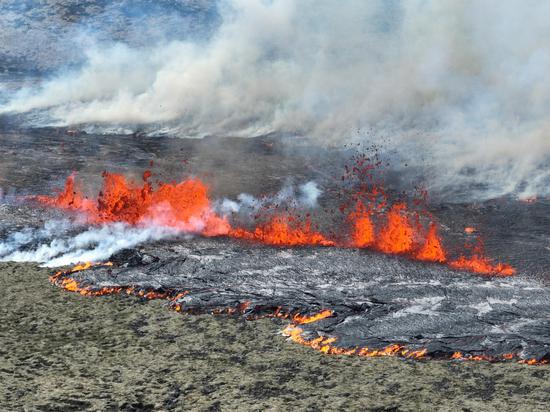

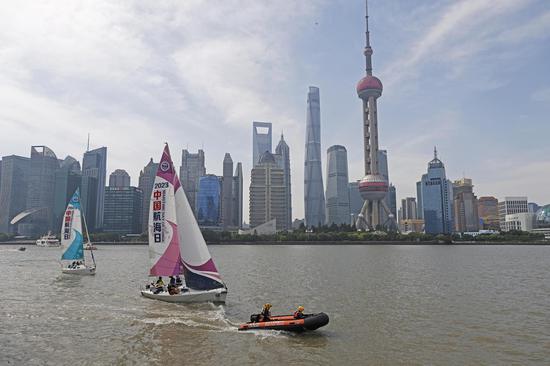

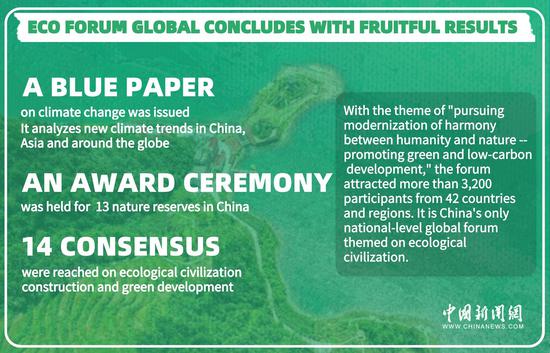


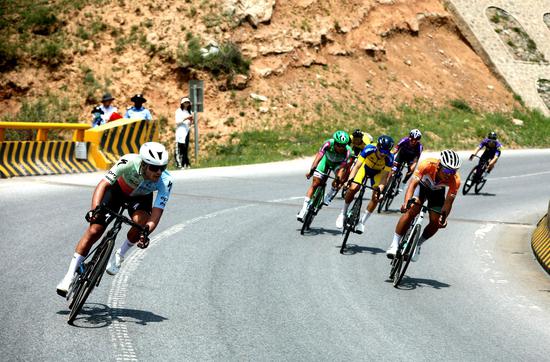
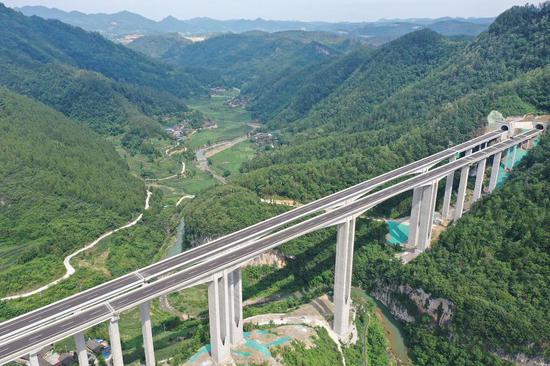

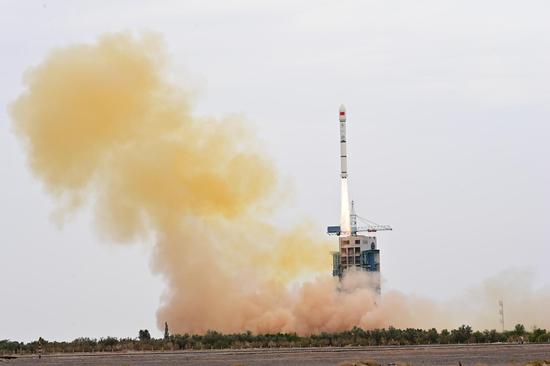





 京公网安备 11010202009201号
京公网安备 11010202009201号